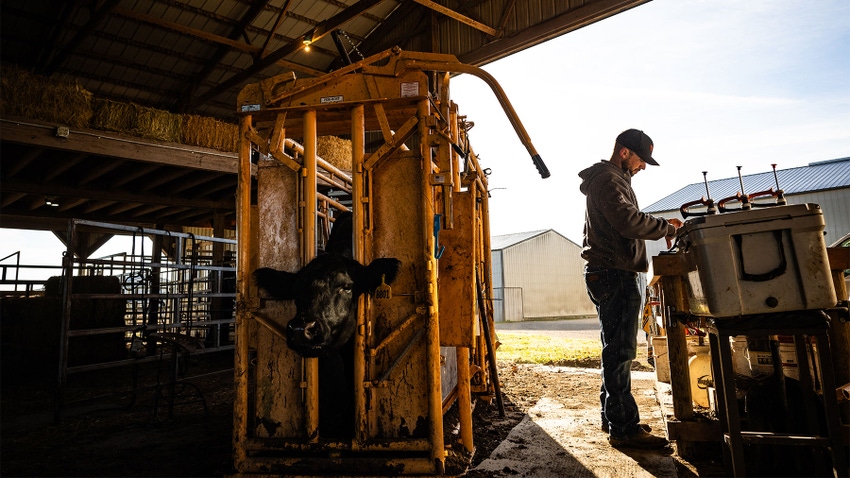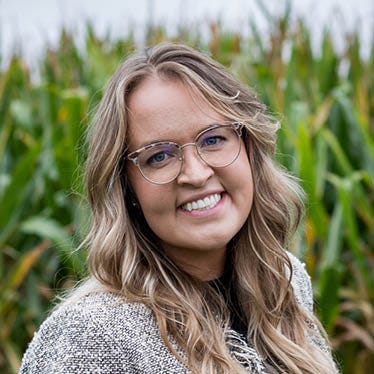December 7, 2023

Guidance for Industry 263 has been in effect for over six months, transitioning all medically important antibiotics from over-the-counter to prescription. GFI 263 is part of the Food and Drug Administration’s broader goal of slowing antimicrobial resistance.
Part of that guidance says livestock producers have to establish a veterinarian-client-patient relationship, or VCPR. Nikki Johnson, veterinarian and Illinois State Veterinary Medicine Association president, says livestock producers should be proactive about establishing a VCPR, because it’s now required by law. A VCPR is valid for 12 months, allowing the veterinarian and livestock producer to work together on a herd health and emergency plan for farm visits or telemedicine consults.
Unfortunately, GFI 263 became law at a time when the number of rural veterinarians is at an all-time low, putting livestock producers in the unique predicament of navigating government regulation while facing the current realities of rural vet availability. For Rollin Head, Blue Mound, Ill., GFI 263 plus the rural vet shortage has pressured him to change how he handles and administers antibiotics.
“I know these restrictions were put in place to eliminate antibiotic misuse, but it’s a hindrance for cattlemen,” Head says. “If there isn’t a vet in your area, that creates a pretty big problem, since time is of the essence when treating cattle.”
Although Head has a relationship with his veterinarian, he’s resorted to performing most of his own vet work because the nearest vet clinic is often constrained by time and staffing limitations. Head says recently he’s also been fighting vaccine backorders — adding another layer of frustration and forcing him to frequently change his vaccine protocols.
“Now we have to order cases of antibiotics at a time, so we have exactly what we need when we need it,” Head explains. “Instead of that inventory and overhead going on a larger company, it now goes on Head Bros. Land and Cattle — and it usually isn’t cheap.”
Head’s advice for livestock producers navigating the realities of vet oversight includes:
Establish a VCPR so both parties understand the farm’s location, needs and animals.
Communicate quickly when emergencies occur, so vets can schedule accordingly.
Maintain a proactive vaccination protocol to reduce unnecessary illness.
Invest in good facilities so vets can safely and efficiently perform farm visits.
“Part of the responsibility is on the producer,” Head says. “I’ve never heard a cattleman say they regret building a chute and a good working system. You can’t expect a vet to come out and do a procedure on a large animal tied to a tree in the mud.”
Johnson says that while Illinois and the entire country is experiencing a shortage of veterinarians, the medical importance of GFI 263 is clear.
“It does put pressure on both sides of the equation to do things differently,” Johnson says. “The driving factor is that by working through GFI 263 together, both producers and veterinarians are doing their best for animals and humans in preventing antimicrobial resistance.”
Read more about:
VeterinarianAbout the Author(s)
You May Also Like






